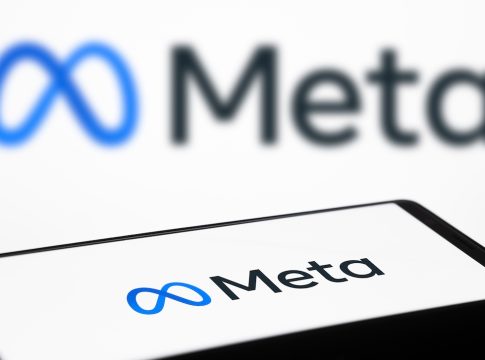Meta in Talks to Acquire PlayAI: A Step Toward Enhanced Voice Technology
In a move signaling its ambitions in the voice AI space, Meta is reportedly in advanced negotiations to acquire PlayAI, a voice artificial intelligence platform. While the specifics of the deal have not been finalized, sources indicate that Meta plans to integrate PlayAI’s technology along with a portion of its workforce to bolster its AI capabilities.
Why PlayAI?
PlayAI has garnered attention for its innovative advancements in voice interaction technology. The company recently completed a significant funding round, raising $21 million to refine what it calls "the voice of intelligence," aimed at revolutionizing human-computer interaction. Notable products from PlayAI include the Play 3.0 mini, a text-to-speech model that features voice cloning, a no-code voice agent platform, and PlayDialog, which supports multi-turn conversations. These offerings position PlayAI as a key player in the growing demand for seamless voice interfaces.
Meta’s acquisition of PlayAI could enhance its AI assistant and smartglasses, providing users with richer, more human-like voice interactions. This aligns with the rising trend of voice as an interface in technology—a demand that’s becoming increasingly vital in our digital interactions.
Meta’s Expanding AI Portfolio
Mark Zuckerberg has made it clear that Meta is pivoting towards a more robust AI future. This follows frustrations with the development pace of its own large language model, Llama. Recently, the company earmarked a substantial $14.3 billion investment for a 49% stake in Scale AI—a significant player in the field—and has successfully recruited key talent from other AI firms, including three researchers from OpenAI.
Zuckerberg’s proactive approach reflects a broader industry trend where tech giants are racing to strengthen their AI capabilities. As voice technology becomes a core element of user experience, companies like Meta are keenly aware that acquiring specialized startups may provide a faster path to innovation compared to developing solutions in-house.
Implications for the AI Landscape
Acquiring PlayAI could set a precedent for how tech companies integrate specialized voice technologies into their ecosystems. This move not only enhances Meta’s capabilities but also signifies a growing recognition of voice as a valuable interface in everyday applications—from casual consumer interactions to more specialized business solutions.
As AI continues to define the future of technology, the evolution of voice agents that understand and converse like humans could revolutionize user engagement, impacting how businesses operate and how consumers interact with technology. As such, the potential acquisition is not just a strategic business decision; it represents a significant step towards a voice-centric future in the tech world.
Conclusion
In summary, Meta’s negotiations to acquire PlayAI may dramatically reshape its approach to AI voice technologies. With PlayAI’s advanced solutions on board, Meta could elevate its user interactions significantly, reinforcing its position in a fast-evolving tech landscape. As both companies navigate these final stages of negotiation, all eyes will be on how this potential acquisition influences the broader discourse surrounding voice and AI in the coming years.

Writes about personal finance, side hustles, gadgets, and tech innovation.
Bio: Priya specializes in making complex financial and tech topics easy to digest, with experience in fintech and consumer reviews.

